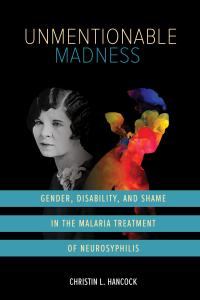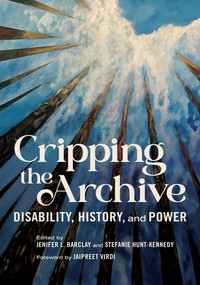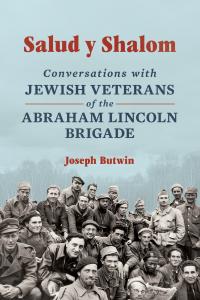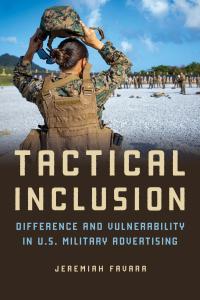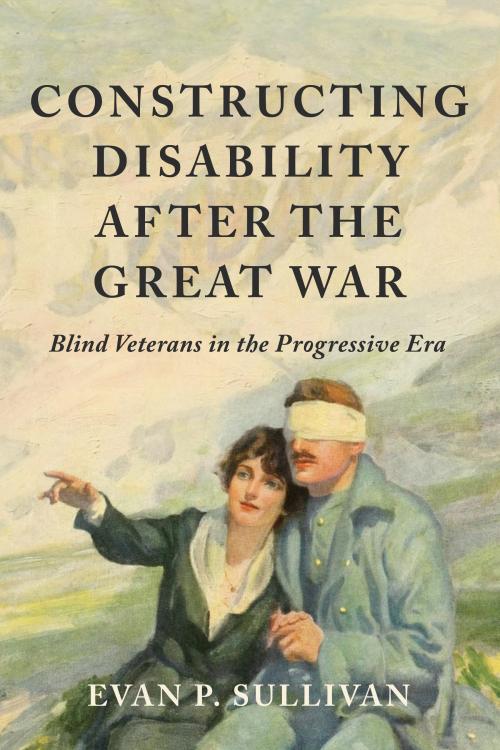
Constructing Disability after the Great War
Blind Veterans in the Progressive Era
American narratives about blinded soldiers versus the realities of their everyday lives
Cloth – $110
978-0-252-04616-2
Paper – $26
978-0-252-08824-7
eBook – $19.95
978-0-252-04742-8
Publication Date
Paperback: 10/08/2024
Cloth: 10/08/2024
Cloth: 10/08/2024
Series: Disability Histories
About the Book
As Americans--both civilians and veterans--worked to determine the meanings of identity for blind veterans of World War I, they bound cultural constructs of blindness to all the emotions and contingencies of mobilizing and fighting the war, and healing from its traumas. Sighted Americans’ wartime rehabilitation culture centered blind soldiers and veterans in a mix of inspirational stories. Veterans worked to become productive members of society even as ableism confined their unique life experiences to a collection of cultural tropes that suggested they were either downcast wrecks of their former selves or were morally superior and relatively flawless as they overcame their disabilities and triumphantly journeyed toward successful citizenship. Sullivan investigates the rich lives of blind soldiers and veterans and their families to reveal how they confronted barriers, gained an education, earned a living, and managed their self-image while continually exposed to the public’s scrutiny of their success and failures.About the Author
Evan P. Sullivan is an assistant professor of history at SUNY Adirondack.Reviews
Blurbs
“It’s the fate of American veterans who leave military service with disabilities to be seen continuously over historical time by the able-bodied public at the juncture of tragedy, inspiration, and aversion. But myths, stereotypes, and fantasies about these veterans seldom speak to the reality of their lives or their injuries. As Evan P. Sullivan makes clear with skill and intensity in this deeply realized study of the lives of World War I blind soldiers and blind veterans, such projections tell us a great deal more about society, culture, and politics than they do about veterans with disabilities rebuilding their lives after the Great War.” --David A. Gerber, editor of Disabled Veterans in History
